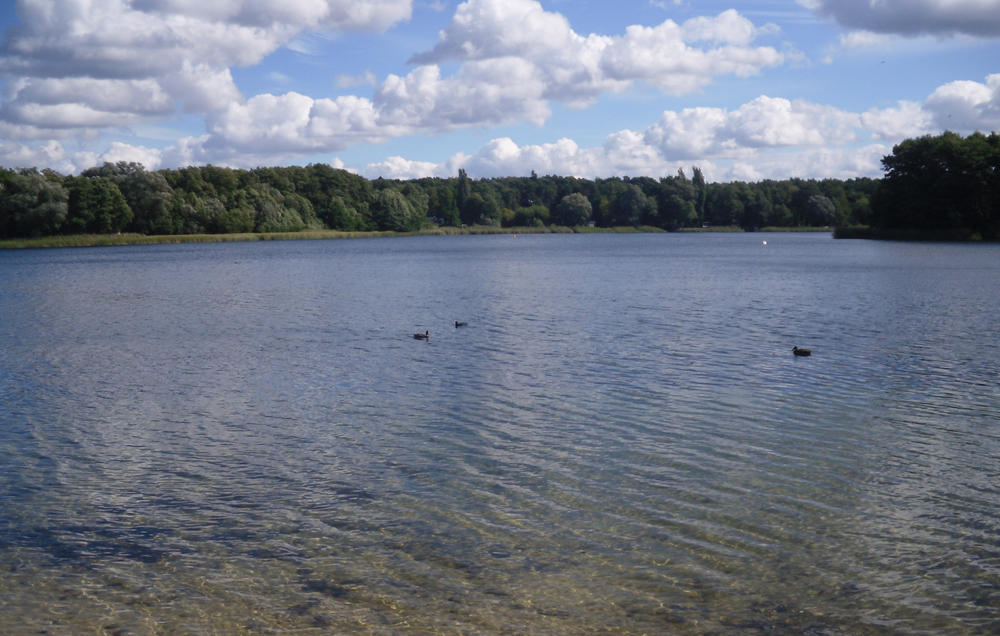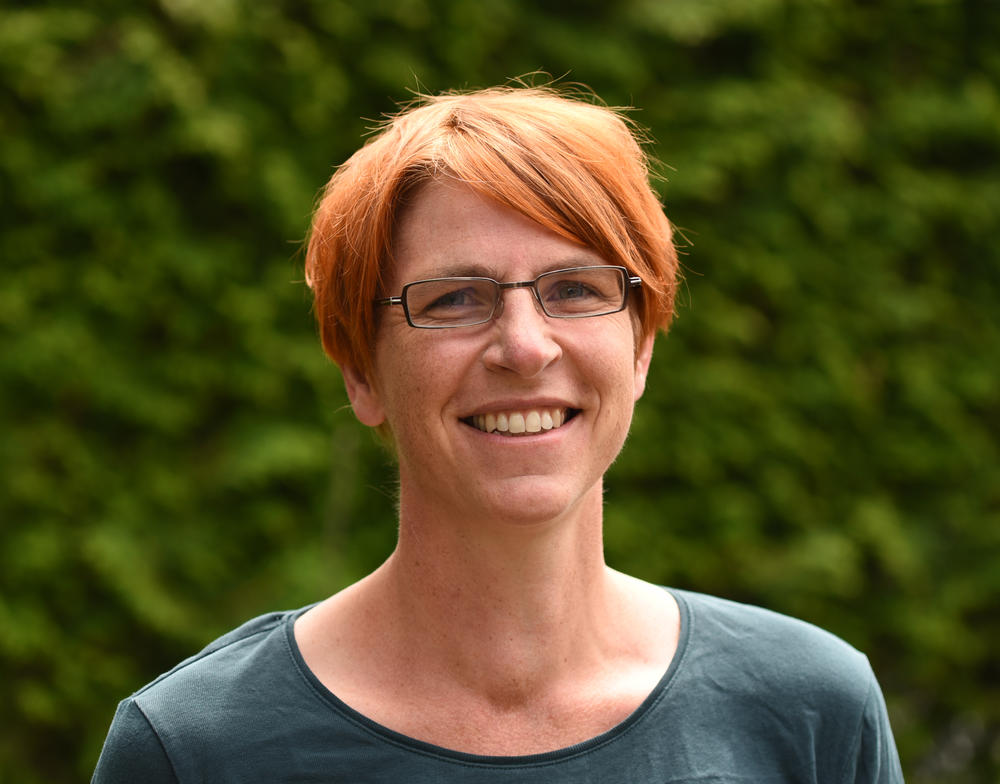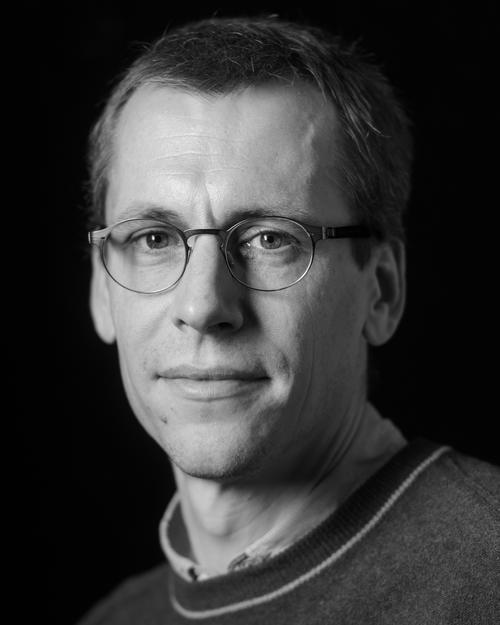“A topic like water cannot be dealt with along disciplinary lines”
The second Einstein Research Unit of the Berlin University Alliance deals with climate and water under change
Jul 21, 2021
The Groß Glienicker See, fed only by groundwater, exactly on the border of Berlin and Brandenburg, with its water levels that have been falling for years, will be one of the case studies of CliWaC.
Image Credit: Dieter Scherer
Heavy rain and flooding, record heat, and persistent drought – extreme weather events have affected the whole of Germany in recent weeks and months. Extreme weather phenomena are not unusual in themselves, but they have been occurring more frequently in the recent past – and researchers are expecting climate change to exacerbate the risks even further.
Researchers from the partner institutions of the Berlin University Alliance (BUA) are now investigating how climate change will affect the availability and quality of water and how the new challenges for the management of water resources can be addressed. In the Einstein Research Unit (ERU) “Climate and Water under Change” (CliWaC) researchers are focusing on the Berlin-Brandenburg region, which is severely affected by water scarcity. The spokesperson and co-spokesperson are ecologist Britta Tietjen, professor at the Institute of Biology at Freie Universität Berlin, and anthropologist Niewöhner, professor at the Department European Ethnology and director of IRI THESys at Humboldt-Universität zu Berlin.
Ms. Tietjen, Mr. Niewöhner, what exactly are you researching in the alliance project?
Britta Tietjen: With CliWaC, we want to systematically investigate the effects of climate change on water in our region in a holistic approach together with many different disciplines as well as interested stakeholders.
To this end, we are investigating regionally observed and expected changes in climate, especially in climate extremes, and the potential effects of these changes on very different sectors, namely on ecosystems, on flood and wastewater management, on water resource management. Finally, we also tackle the question of how to deal with these effects, which potential solutions exists and which conflicts might arise for other sectors. In a very applied approach, we investigate the topic using three large typical case studies: a river basin of the Spree, the Groß Glienicker See and the Sacrower See as lake areas, and flooding during extreme events in the city.
Spokesperson Britta Tietjen is professor at the Institute of Biology at Freie Universität Berlin.
Image Credit: privat
How is the research alliance structured?
Britta Tietjen: The project consists of three major parts. Part A deals with the expected climate changes in the region. Part B, in which I work as a theoretical ecologist, examines the impact of these changes on different sectors, as well as the implications of individual actions on other sectors.
For example, one subgroup is looking at changes in soil microorganisms under drought. The next step is to look at how this alters different soil properties, for example the ability to absorb or store water in the soil – and what impact this in turn has on erosion risk. And I will also look at what happens to the plants in the ecosystem when the soils are dried out. The likelihood of large fires in Brandenburg, for example, continues to increase because forests are not well adapted. Are there ways to make forests more resilient, that is, more stable against these stresses? One way to do this is to shift forest management towards other species, to greatly convert forests to more deciduous or mixed deciduous forests.
Jörg Niewöhner: Work Area C, where I am located, is about defining what we call hydro-social territories. Different stakeholders shape landscapes differently in relation to water: more sustainable or more competitive, optimized for agriculture or recreation. We try to understand which stakeholders deal with water risks and how, who adapts to climate change and how, who has which fears. Also, what their own solution strategies are and whether these measures can be implemented at all. What impact do they in turn have on other areas?
In addition, we look at existing administrative schemes. How is the topic of water currently being managed in Berlin and how are public administration, agencies, offices, and politics adapting to the coming changes?
With which participating groups do you cooperate?
Britta Tietjen: Through cooperations in previous projects, we already have contacts with various stakeholders, many of whom have expressed great interest in working with us. These include, for example, the Senate Department for the Environment, Transport and Climate Protection, the State Office for the Environment, Berliner Wasserbetriebe (Berlin Public Water Supply), and the Nature and Biodiversity Conservation Union (NABU). Interested parties from the agricultural sector, i.e., the user side, are also involved. So are a number of civil society organizations dedicated to water-related topics, such as the renaturation of the Panke River, interest groups around the Groß Glienicker See Lake, and the Berlin Water Table (Berliner Wassertisch).
At a first big meeting, we want to determine urgent questions from the stakeholders, but also see what is of interest to us scientifically and think about how we can combine this. It a great chance that this project brings together so many groups of people and such an expertise.
Co-spokesperson Jörg Niewöhner is professor at the Department European Ethnology and director of IRI THESys at Humboldt-Universität zu Berlin.
Image Credit: Maurice Weiß/Ostkreuz
How did BUA make this project possible? What would not have been possible before?
Britta Tietjen: It is quite difficult to set up such a big interdisciplinary and transdisciplinary project with the involvement of stakeholders. Our chosen approach would not have been possible through any other funding format from the German Research Foundation or the Federal Ministry of Education and Research. This is a clear advantage of the Einstein Research Units.
Jörg Niewöhner: A very clear plus is also the internally competitive funding instruments, which lead to a very intensive dialogue within the Berlin research landscape. We very quickly shift focus towards the outside world and look for the exciting international cooperation partners in our field. Regarding the topic of water, it has proven to be very helpful to look inward as well. Otherwise, we would not have done this to the same extent and certainly not on such a broad scale with the central participation of practice partners. This is a very positive effect. Without the BUA, this would not have happened in the existing funding landscape.
In addition, we successfully acquired a side project within the framework of the “experimental science communication laboratories" of the BUA: AnthropoScenes. Making Sustainable Futures Public. There, we incorporate communicative formats with which we want to bring the topic more into the public eye. This is also a fantastic opportunity.
What exactly does the cooperation between the experimental laboratory and CliWaC look like?
Jörg Niewöhner: AnthropoScenes is a cooperation between a selection of CliWaC researchers and the Theater of the Anthropocene. The theater is a form of science communication in which science is brought into performative theater formats to reach the public differently and open new channels of conversation – in both directions. It is our wish to test out this space. For example, we want to drive a theater bus through Brandenburg and present a game show format at the Humboldt Lab. Through these performative formats, we want to reach different people and people differently than we normally do when we address them as researchers.
Are you already thinking about the time after the three-year funding period? What will happen after that?
Jörg Niewöhner: First, we want to get the project up and running. We don't see this as start-up funding; we want to jump into the project now and integrate the tremendous panoply of researchers into the project structure. There are obvious needs to work together that everyone is very excited about. The first year and a half will therefore be characterized by developing our cooperation. At the same time, it is not possible to do intensive research all the way to the end without thinking ahead. We plan to establish a research platform that will help us explore further existing synergies and cooperations in water research. From this platform, various initiatives will eventually emerge with funding from different sources.
What are you particularly looking forward to in the next three years?
Britta Tietjen: For me personally, the highlight is to bring together the different disciplines and to look at the emerging problems in a holistic way. So, to determine what actually happens at the small scale and to follow the whole chain of what impact this has on society, and which solutions there are. For me, this is a fantastic opportunity to take basic research all the way to direct societal relevance. I am really looking forward to this part. Moreover, I am happy about the new cooperation with so many researchers that I met in the course of the application process.
Jörg Niewöhner: For the overall Einstein Research Unit, I look forward to seeing how things will progress between the natural sciences and the social sciences. It is clear to everyone that a topic like water cannot be dealt with along disciplinary lines. That we understand water not only as a chemical substance or only as a hydrological problem, but also ask: What does water mean for society? Bringing these different perspectives into dialogues that are certainly irritating, but also productive, is what I find most exciting about it and the greatest challenge.
The questions were asked by Marina Kosmalla
ERU Climate and Water under Change
Einstein Research Units are intended to establish research alliances in strategically important fields of the Berlin University Alliance. The Einstein Research Unit “Climate and Water under Change” will be funded with six million euros annually for an initial three years. The interdisciplinary research team of the partner institutions Freie Universität Berlin, Humboldt-Universität zu Berlin, Technische Universität Berlin, and Charité – Universitätsmedizin Berlin has set itself the task of researching the risk of water availability and quality caused by climate change and finding solutions for the sustainable management of water resources together with society, administration, economy, and politics.



